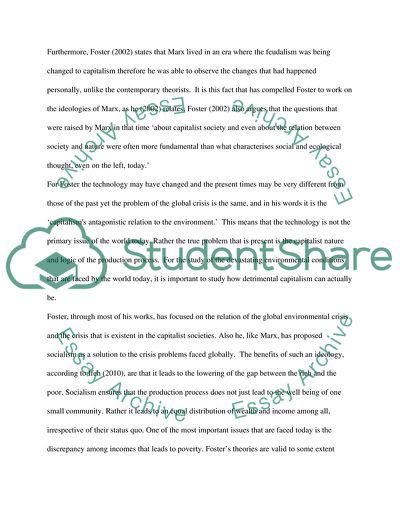Cite this document
(With reference to Marxist, durkheimian AND Weberian traditions of Essay, n.d.)
With reference to Marxist, durkheimian AND Weberian traditions of Essay. https://studentshare.org/sociology/1738521-with-reference-to-marxist-durkheimian-and-weberian-traditions-of-sociological-theory-answer-the-following-question
With reference to Marxist, durkheimian AND Weberian traditions of Essay. https://studentshare.org/sociology/1738521-with-reference-to-marxist-durkheimian-and-weberian-traditions-of-sociological-theory-answer-the-following-question
(With Reference to Marxist, Durkheimian AND Weberian Traditions of Essay)
With Reference to Marxist, Durkheimian AND Weberian Traditions of Essay. https://studentshare.org/sociology/1738521-with-reference-to-marxist-durkheimian-and-weberian-traditions-of-sociological-theory-answer-the-following-question.
With Reference to Marxist, Durkheimian AND Weberian Traditions of Essay. https://studentshare.org/sociology/1738521-with-reference-to-marxist-durkheimian-and-weberian-traditions-of-sociological-theory-answer-the-following-question.
“With Reference to Marxist, Durkheimian AND Weberian Traditions of Essay”. https://studentshare.org/sociology/1738521-with-reference-to-marxist-durkheimian-and-weberian-traditions-of-sociological-theory-answer-the-following-question.


